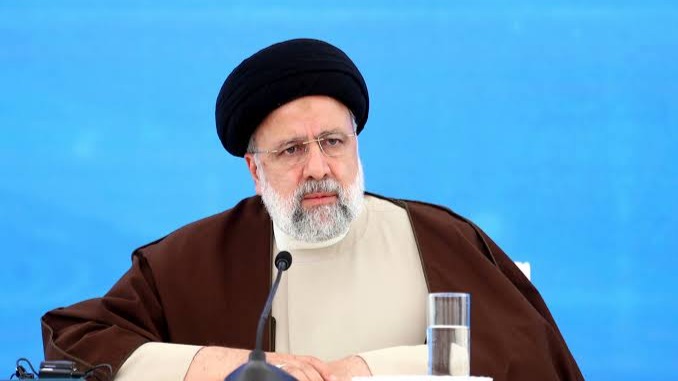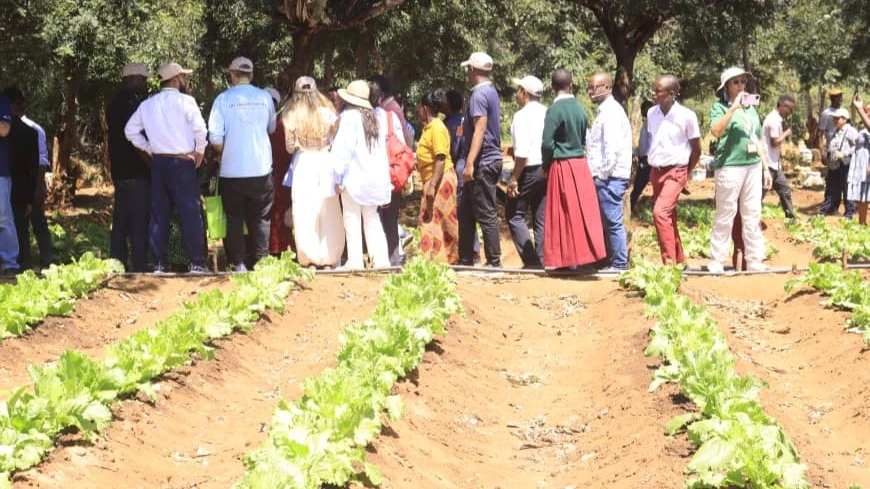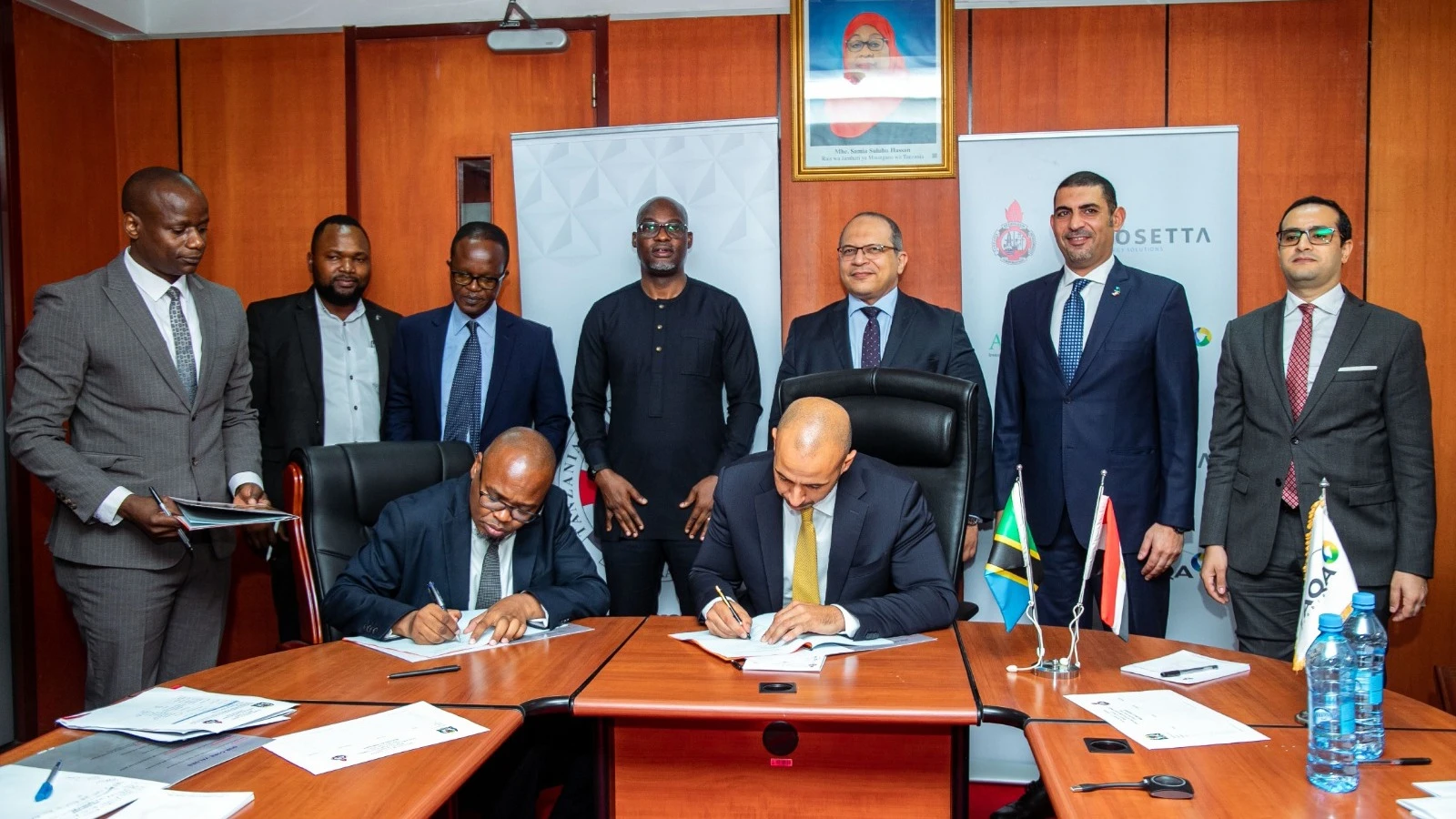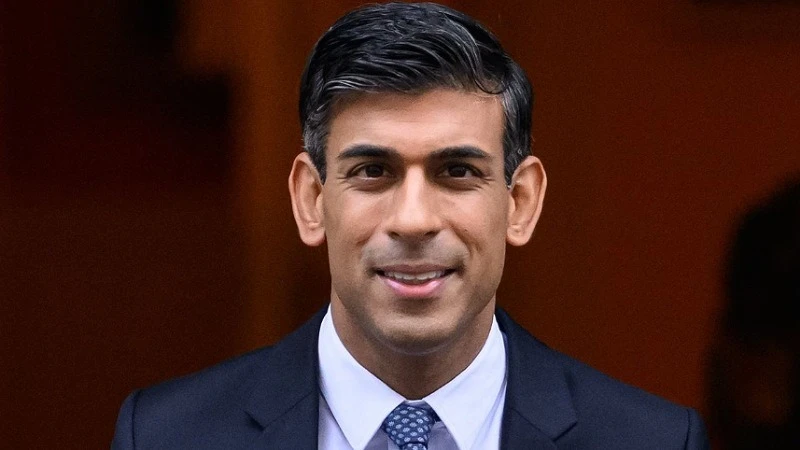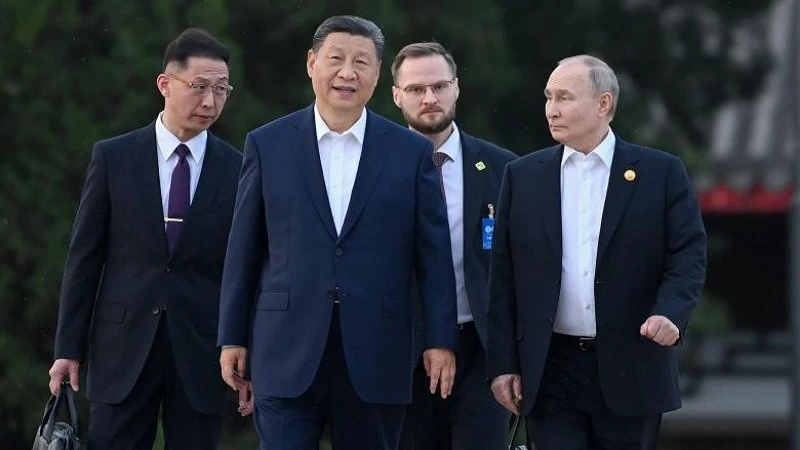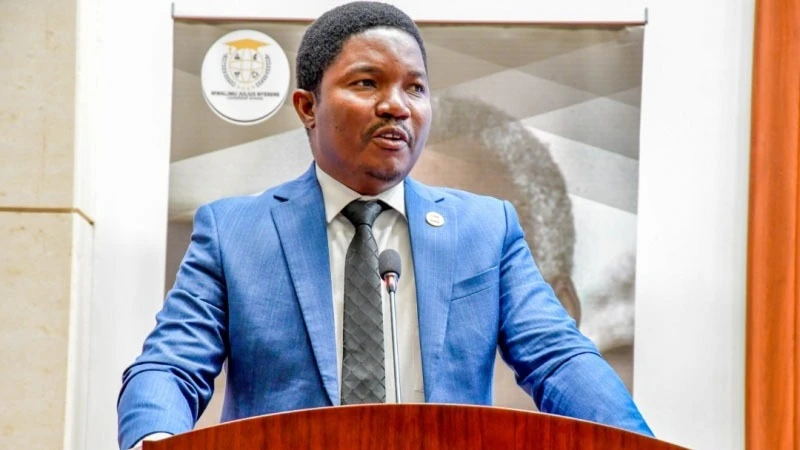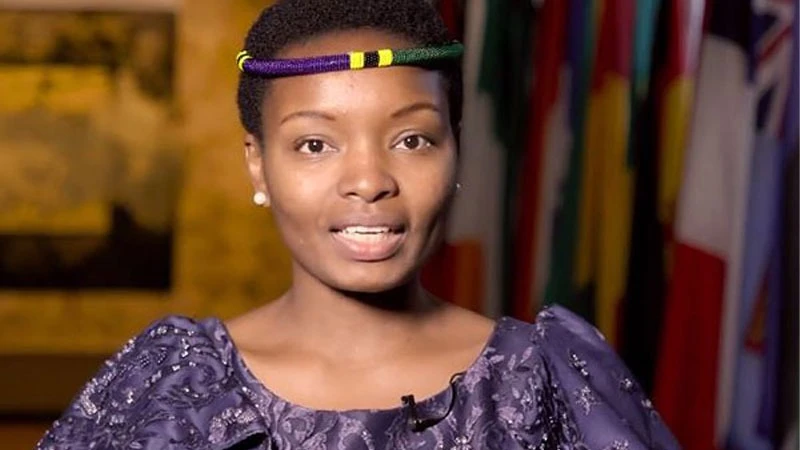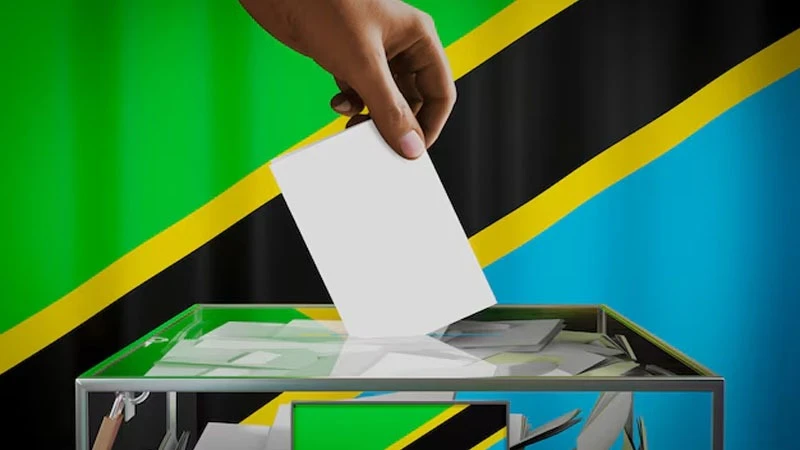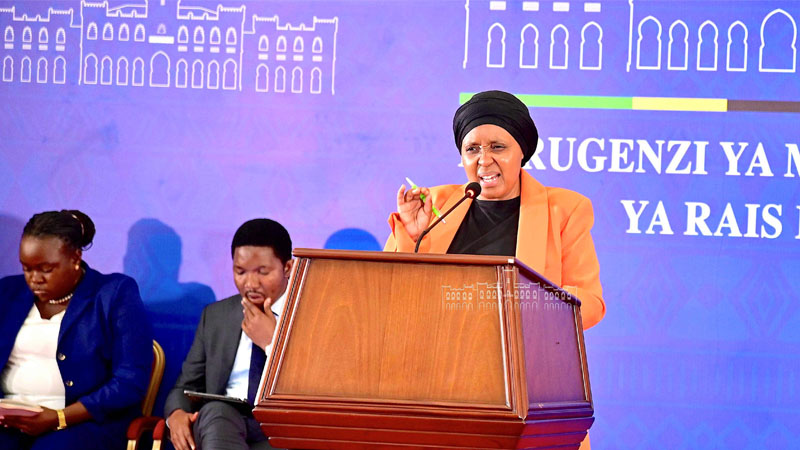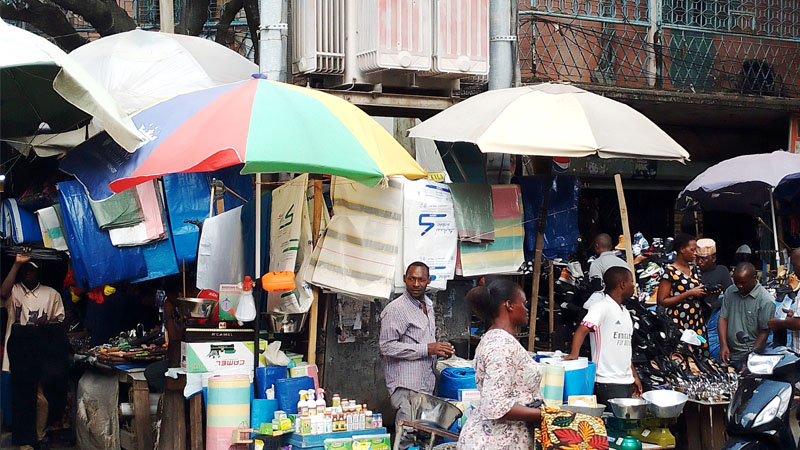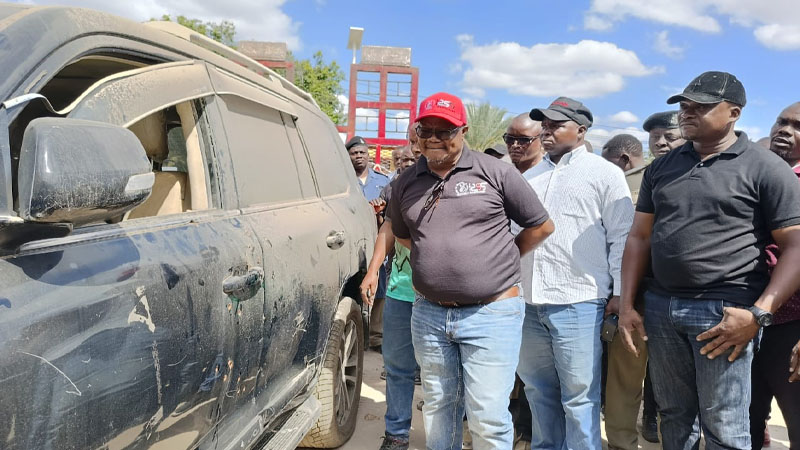WHO signs MoUs with 11 city non-state actors
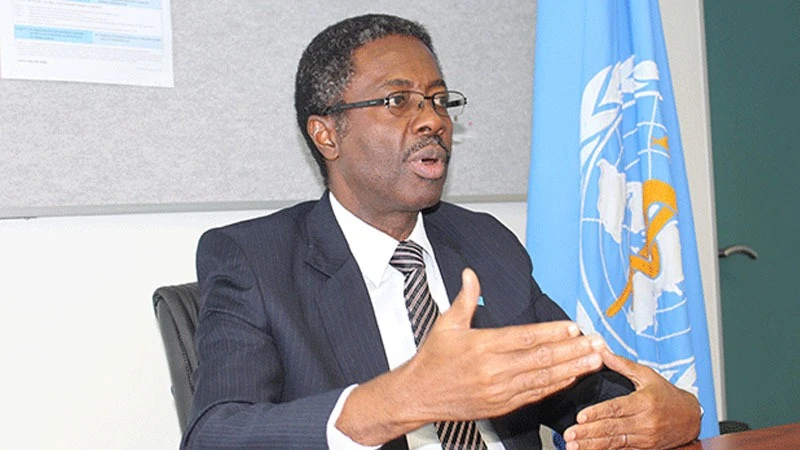
THE World Health Organisation (WHO) has signed a memorandum of understanding (MoU) with eleven non-state actors to advance health services countrywide.
Dr Charles Sagoe-Moses, the WHO country representative, said in Dar es Salaam yesterday that the MoUs signify commitment to working hand in hand with various organizations and entities to advance public health needs.
NGOs signing up were listed as the Dar es Salaam University College of Education (DUCE), the Catholic Relief Services, Doctors with Africa-CUAMM, Sikika and Mzumbe University, while others are Tanzania Health Summit, African Medical Research Foundation (AMREF), International Health Institute (IHI), Raising-Up Friendship Foundation (RUFFO) and the Muhimbili University of Health and Allied Sciences (MUHAS).
He said the partnerships will enable WHO to leverage the expertise, resources and networks of these organizations to address the health challenges the country faces, with the signing of the MoUs signifying shared commitment to strengthening health systems.
This includes disease prevention and control, health promotion and education, research and innovation, he stated, explaining that WHO will collaborate with the various actors to enhance the capacity and effectiveness of health systems in Tanzania.
This relates to key priorities such as improving access to quality healthcare services, strengthening health workforce development and promoting the use of innovative technologies in healthcare delivery, he stated.
Signing of the MoUs was remarkable in initiating a huge step in Tanzania, where the critical role of partnership to the overall health for all agenda cannot be overemphasised, he said, noting that by signing the MoU, WHO was not only formalising the partnership but also committing to a shared vision of improving public health in the country.
Ambele Mwakilango, the National Public Health Laboratory manager, commended WHO for introducing this initiative, affirming that the Ministry of Health was working hard to address various service delivery challenges.
These include human resources, health financing, quality healthcare services, non-communicable diseases, plus public-private partnership and community health workers, he explained, asserting that the Ministry of Health seeks to ensure that what is available is distributed across the country.
Rachel Chagonja, chairperson of the National Council of Non-Government Organisations (NaCONGO) said the partnership marks a significant step towards enhancing public health services.
It will similarly promote healthcare access and improve the overall well-being of the people, she said, lauding the UN agency for recognizing the critical role that NGOs play in delivering healthcare services.
This is particularly the case for under-served communities where governmental resources may be limited, she stated, with MUHAS vice chancellor Prof. Apolinary Kamuhabwa asserting that the university was privileged to be part of the non-state actors group to advance health services in the community.
MUHAS as an academic institution has its role of training human resources as well as conducting research and providing consultancy, he said, while the DUCE principal, Prof Stephen Maluka said that the institution was ready to implement a range of priorities with a view to improving healthcare services.
Top Headlines
© 2024 IPPMEDIA.COM. ALL RIGHTS RESERVED







